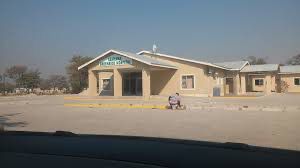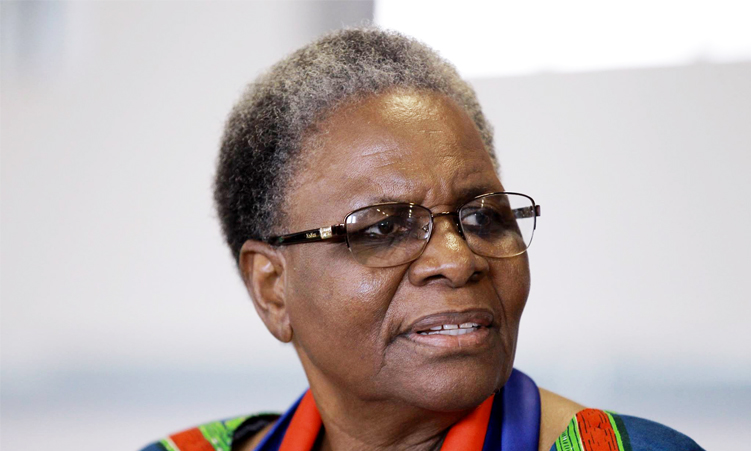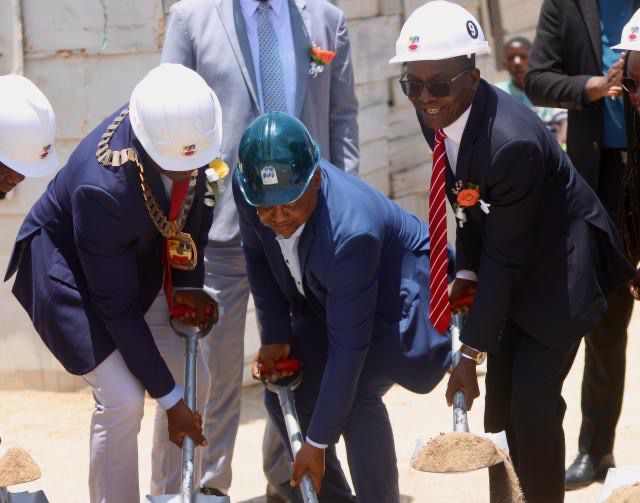LUANDA – Angola’s central bank will continue to implement measures to contain the drop in foreign currency reserves and control inflation, central bank Governor Abraao Gourgel said on Friday.
In his first comments since being appointed governor of Banco Nacional de Angola in April, Gourgel said foreign reserves had plunged in 2009 due to lower oil-tax revenues following a drop in Angola’s crude prices and exports.’I will illustrate by saying that the average monthly income from oil taxes fell from US$1,33 billion in the first quarter of 2008 to about US$283 million in the first five months of 2009,’ Gourgel said in comments broadcast over broadcaster TPA2.Lower oil revenues have hit Angola’s foreign exchange reserves, which dropped 30 per cent in the January-to-May period to US$12,2 billion. Angola, which rivals Nigeria as Africa’s top oil producer, relies on tax and royalty payments from oil firms for nearly ninety per cent of its income.Gourgel said the drop in oil revenues and foreign currency reserves caused local banks to rush to the central bank earlier this year to buy dollars on fears the kwanza, Angola’s currency, which had remained stable since 2007, would lose value.This prompted the central bank to limit the sale of dollars to local banks since it needs to control its foreign exchange reserves, he said.’The drop (in foreign exchange revenues) was significant and naturally leads to some limits on the amount of foreign currencies available in the primary market,’ he said.Demand for dollars pushed the central bank to officially devalue the local currency by four per cent since the start of the year to 78 per US dollar. But on the streets of Luanda, the kwanza is worth much less – selling for up to 88 per US dollar although the government has said it expects the recent depreciation of the kwanza to be ‘temporary’.Angola has also been trying hard to lower inflation this year by doubling the bank reserve requirement to 30 per cent in March and carrying out regular weekly auctions of treasury bills and government bonds, despite heavy criticism from local banks.The Association of Angolan Banks (ABANC) urged the government in May to urgently review its monetary policies, including an increase in the bank reserve requirement, as it was hurting the amount of liquidity available in the banking system.Raising the reserve requirement leaves commercial banks with less money for lending and other operations.’The economic team and the government have implemented measures aimed at containing inflation and liquidity in the market by raising the bank reserve requirement and selling treasury bills,’ Gourgel said.-Nampa-Reuters
Stay informed with The Namibian – your source for credible journalism. Get in-depth reporting and opinions for
only N$85 a month. Invest in journalism, invest in democracy –
Subscribe Now!






